From Billy Idol and Prince to Janet Jackson and Kraftwerk, we serve up 20 high concept long-players that changed the way we listened to pop music
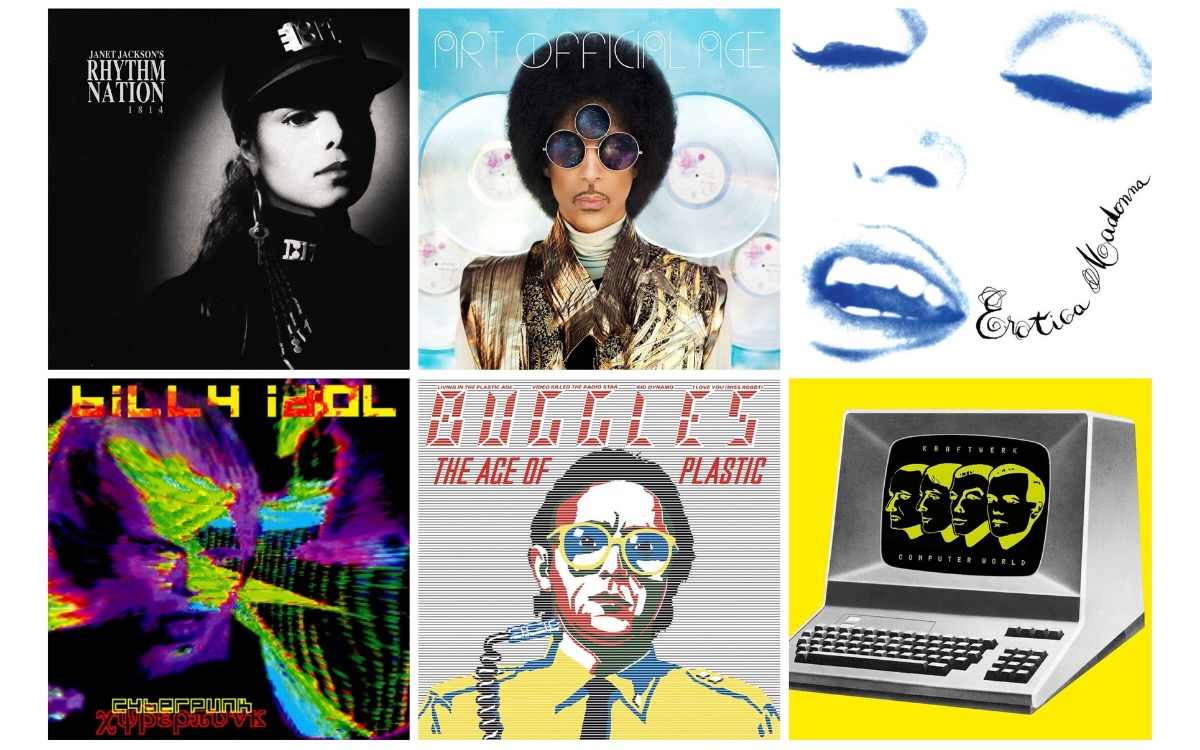
First conceived in the 1960s, concept albums changed the way we listened to music, and they continue to inspire new generations of artists, as our latest rundown confirms
Words by Barry Page
The idea that a collection of songs should be listened to collectively rather than individually has certainly divided music lovers and critics over the years, and the concept album is seen by many as an emblem of bombast and pretension – a signifier of excessive hubris and overblown ambition. But it’s a format that has continued to thrive since its commercial pinnacle in the 1970s, one that has afforded many artists and bands to realise their creative aspirations via a unifying theme or narrative. With a rule of one record per act, here are 20 thematic pop albums that transcend both musical genres and eras…
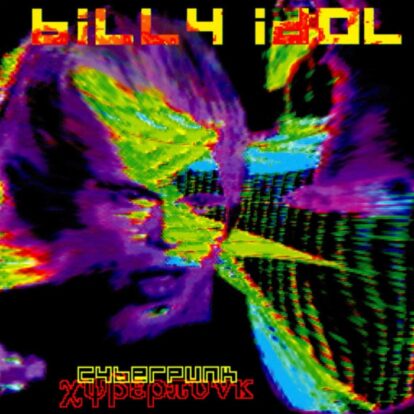
20 Billy Idol – Cyberpunk (1993)
After seriously injuring his leg in a motorcycle accident, Billy Idol immersed himself in cyberpunk fiction during his rehabilitation and conceived the idea of basing an album around a dystopian narrative. Negating the need for expensive studios, his Cyberpunk LP was recorded remotely using computers, a DIY idea that appealed to the former punk rocker, and with the internet in its infancy he also realised the possibilities of email communication and online fan communities.
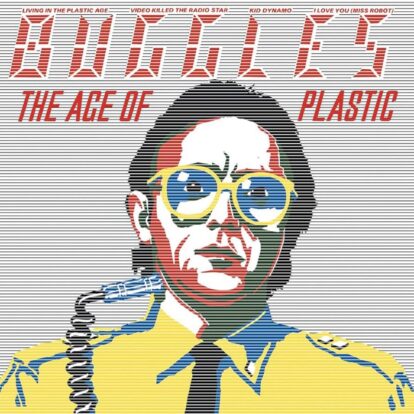
19 The Buggles – The Age Of Plastic (1980)
Nerdy prog lovers, The Buggles were the unlikeliest of post-punk popstars. The visionary writings of J.G. Ballard were a huge influence, with songs touching on media saturation, mass surveillance and robotic companionship, while big hit Video Killed The Radio Star was a nostalgic rumination on a bygone era. Their futuristic sounds aligned perfectly with the group’s dystopian fantasies, but they also realised the music industry was on the verge of an audiovisual revolution.
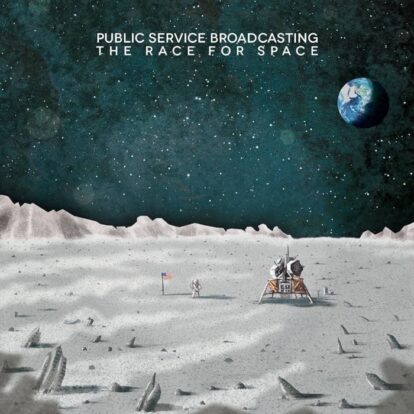
18 Public Service Broadcasting – The Race For Space (2015)
There’s room for more than one PSB here at Classic Pop, and this is an album that readers may just love to the moon and back. Their music – an indefinable blend of minimalist electro-pop, ambience and indie rock – has been feted in both progressive rock and classical musical circles. Utilising audio samples from the BFI and NASA, the erudite act’s second studio album tells the story of the American-Soviet space race in a unique way.
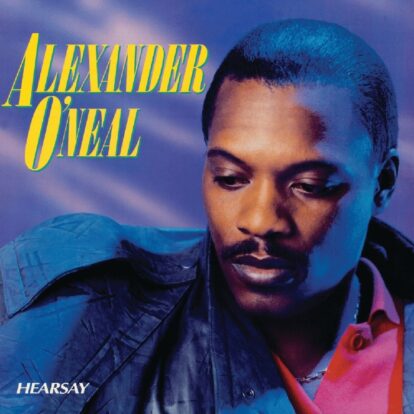
17 Alexander O’Neal – Hearsay (1987)
Fresh from their success with Janet Jackson and The Human League, Jimmy Jam and Terry Lewis devised a concept album with Minneapolis buddy Alexander O’Neal that envisaged the debonair singer as the amorous host of a house party. It’s an unconventional listen, its flow interrupted by musical interludes and scene-setting snatches of dialogue from a cast of revellers and gossipmongers, but it spawned several hits, including UK Top 5 smash Criticize.
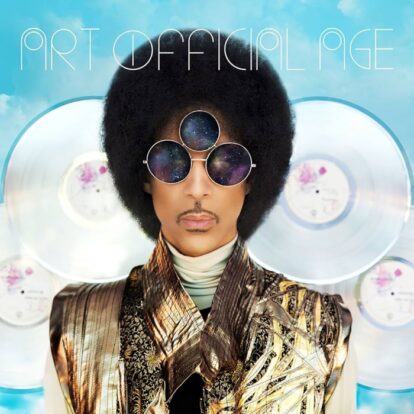
16 Prince – Art Official Age (2014)
True to his prolificacy, Prince released two albums in 2014, both under licence to Warners, the label he once declared he’d been a slave to. In a deal that included ownership of his masters, Art Official Age signalled a commercial rebirth and spiritual awakening. A futurist electro-funk LP based on the idea that, after 45 years in suspended animation, he’d woken in a world that “does not require time”, where people communicate telepathically and dividing words like “me or mine” don’t exist.
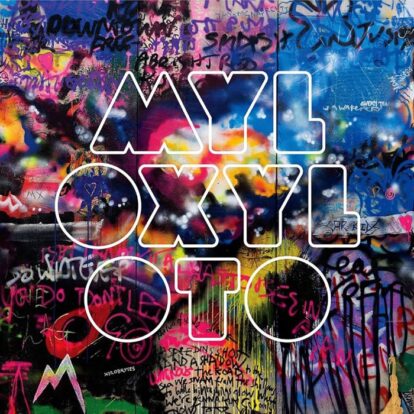
15 Coldplay – Mylo Xyloto (2011)
Centred on two lovers and their rebellion against a totalitarian government, Coldplay’s fifth studio album was an ambitious rock opera that utilised a broad palette of contemporary sounds. Encouraging the band to experiment, Brian Eno helped craft the tracks. “He’s like Gandalf,” Chris Martin told Mojo. “He comes in, weaves all his magic, causes chaos, then disappears. Then he comes back, and he’s been to Kazakhstan to learn about horseback wrestling.” Now that’s a concept.
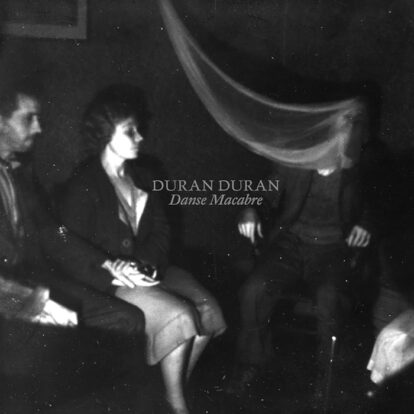
14 Duran Duran – Danse Macabre (2023)
Upon realising the second of two scheduled Las Vegas shows fell on Halloween, Nick Rhodes pushed for Duran Duran to play a unique set that night, incorporating new songs, covers and deep cuts that adhered to a supernatural theme. Thus, a concept for their 16th studio album was born, which included guest appearances from former guitarists Andy Taylor and Warren Cuccurullo. Released on Simon Le Bon’s 65th birthday, with a suitable eerie vintage séance photo adorning the sleeve, it’s ghoulishly good fun.
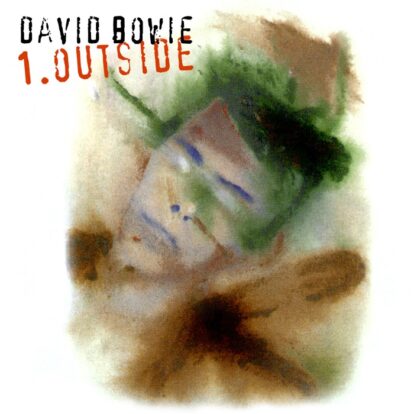
13 David Bowie – Outside (1995)
After reuniting with Brian Eno – who once again deployed his Oblique Strategies cards as a way of inducing creativity – David Bowie crafted one of the most challenging albums of his career. The singer adopted an array of personas to reflect a fractured storyline centered on a murder in a fictional town, à la Twin Peaks. A radical Pet Shop Boys mix of Hallo Spaceboy became a hit, with Neil Tennant reintroducing Major Tom, who he imagined as being stuck on an abandoned Russian spaceship.
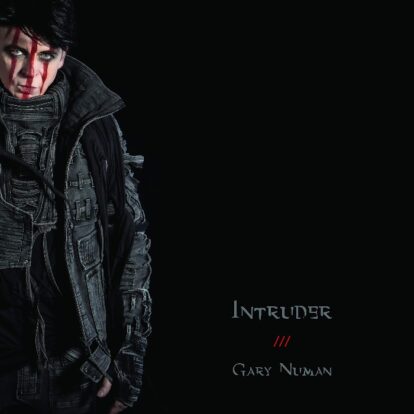
12 Gary Numan – Intruder (2021)
While the Savage LP painted a vivid picture of a post-apocalyptic Earth, for the follow-up Gary Numan conceptualised a set of songs from the viewpoint of a planet decimated by climate change. “If Earth could speak, and feel things the way we do, what would it say?” he pondered. “The songs, for the most part, attempt to be that voice.” Much of the album was written prior to the pandemic, The Gift a biting late addition, chillingly surmising that the coronavirus was Mother Nature’s revenge on humankind.
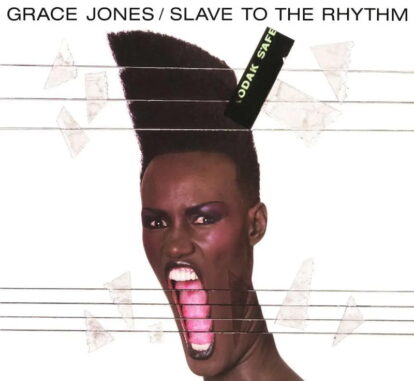
11 Grace Jones – Slave To The Rhythm (1985)
Following her appearance as Bond villain May Day in A View To A Kill, Grace Jones returned to the day job, lending her vocal talents to several interpretations of a song originally earmarked for Frankie Goes To Hollywood. The broad range of musical styles afforded Trevor Horn the opportunity to showcase his studio skills, but crucially the project served as a billet-doux to the charismatic chanteuse, weaving in extracts from the Jean-Paul Goude biography Jungle Fever.
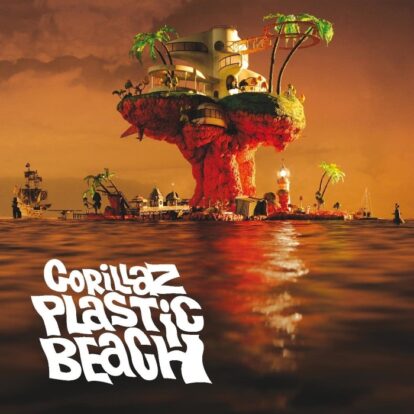
10 Gorillaz – Plastic Beach (2010)
Damon Albarn first conceived the idea for the third Gorillaz album after spotting plastic on a beach near his Devon home, but the title was derived from the moniker given to Hawaii’s infamous Kamilo Beach, on account of its high volume of marine waste. Having envisioned themselves as inhabitants of a rubbish-infested island named Point Nemo, the virtual act enlisted a jaw-dropping array of guest stars to get their message across, which is fortunately fun and playful, rather than downbeat and preachy.

09 Kate Bush – Aerial (2005)
With Kate Bush prioritising motherhood over the release of new material, the follow-up to The Red Shoes wouldn’t arrive for 12 years, but the wait was certainly worth it. Most fans and critics’ ears were tuned into the stunning Sky Of Honey song cycle in the second half, in which Kate utilised poetic panoramas to describe a beautiful summer’s day. With birdsong and other effects enhancing the pastoral ambience, the dreamlike suite was emblematic of her domestic bliss and marked a new creative peak.
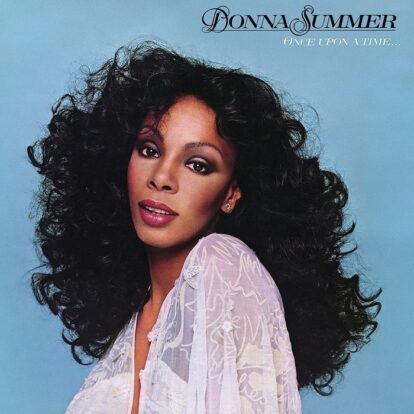
08 Donna Summer – Once Upon A Time (1977)
Crafted by Giorgio Moroder and his expert team, this was the quick-fire follow-up to I Remember Yesterday, which spawned the seminal I Feel Love. In tandem with her management, the Queen of Disco devised the fantastical rags-to-riches storyline, in which a working girl yearns for a better life outside of a bustling metropolis and eventually falls in love. A modern day retelling of Cinderella, the ambitious double album was also evocative of her own struggles as a young woman.
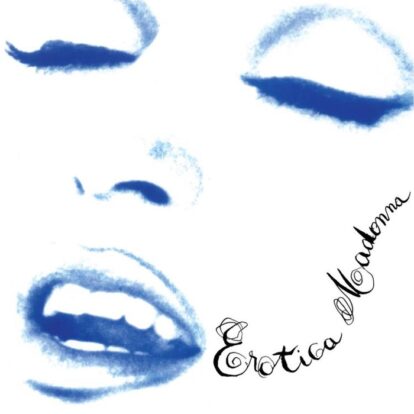
07 Madonna – Erotica (1992)
Ever the provocateur, Madonna caused a media sensation with the publication of her Sex book. It’s become intrinsically linked with the simultaneously released Erotica album, which, despite several significant hits, was overshadowed by the hugely controversial tome. Certainly, her fantasies fed into the record, but its intersecting themes of love, heartache, and loss – emerging in an era when the stigma of HIV/AIDS was omnipresent – have assured its status as a cultural touchstone.
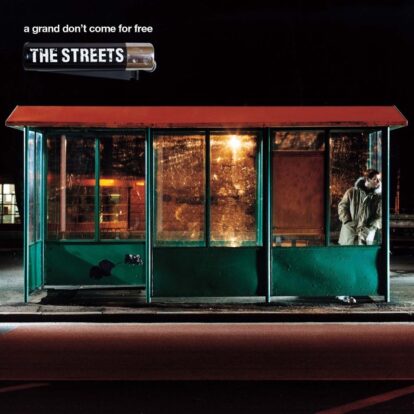
06 The Streets – A Grand Don’t Come For Free (2004)
The protagonist of this chart-topper has “achieved absolutely nowt”; his savings have disappeared, his TV’s on the blink, his phone battery’s dead and he’s failed to return a DVD rental, but things are looking up in his love life. It’s a flimsy premise, but in his role as the hapless geezer, Mike Skinner skilfully turns it into an engrossing and often hilarious urban odyssey. Warmly embraced by the hip-hop community, it served as a timeless piece of social commentary.
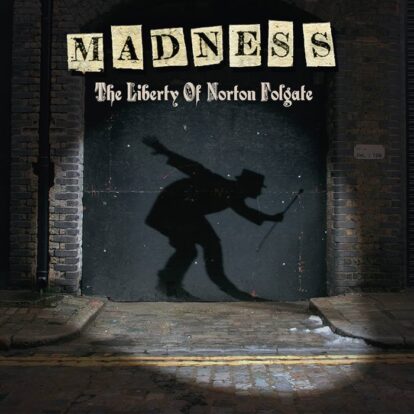
05 Madness – The Liberty Of Norton Folgate (2009)
Madness had been writing about London throughout their career, but this late-period classic was the closest they came to using the capital as its central premise. Embracing its diversity and culture, the deep-rooted history was celebrated in the epic title track, inspired by a strip of land in Spitalfields and Shoreditch once free of governance. “All the tracks are interlinked by the fact that we live in a complicated city of never-ending stories and change,” Suggs told Uncut magazine.
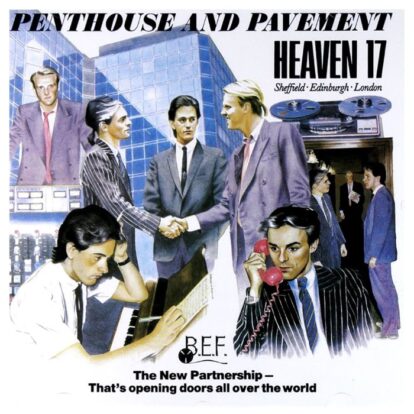
04 Heaven 17 – Penthouse And Pavement (1981)
Heaven 17 cut their debut album at the same studio The Human League were concurrently recording, but while Dare may have emerged as the sales victor, Penthouse And Pavement was far more audacious. Informed by the band’s left-wing leanings, this was a consciously political work, with (We Don’t Need This) Fascist Groove Thang setting the tone. Elsewhere, the trio touch upon Cold War paranoia, nuclear disarmament, capitalism, and the burgeoning yuppy culture, the sleeve depicting them as sharp-suited businessmen.
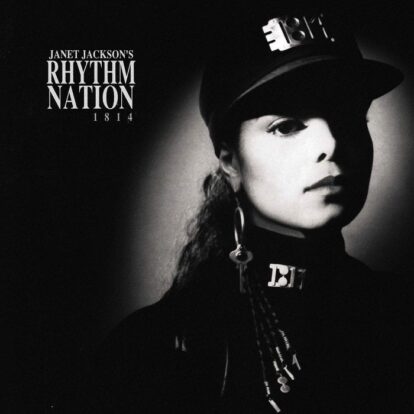
03 Janet Jackson – Rhythm Nation 1814 (1989)
Janet Jackson’s career had been revitalised by the hit-packed Control album, but she resisted calls to repeat its chart-winning formula, instead devising a concept that touched on the social issues of the day, including gun violence, poverty and racism. Buying into her vision was the returning production team of Jam and Lewis, whose broad musical palette was equally progressive. Concerned record label chiefs were appeased with a number of lighter songs in the second half of the strategically sequenced LP, which spawned four US No.1s.
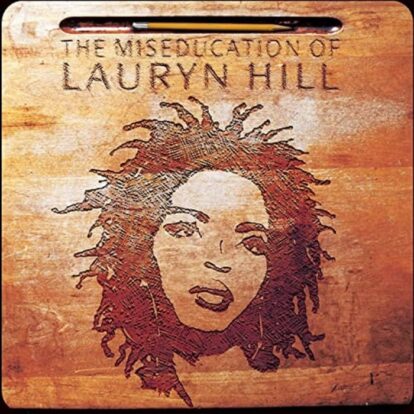
02 Lauryn Hill – The Miseducation Of Lauryn Hill (1998)
Once her survival instincts kicked in during her first pregnancy, former Fugee Lauryn Hill’s life was brought into sharp focus, precipitating a burst of creativity. In a startling, genre-hopping solo set that encompassed hip-hop, soul, R&B, gospel and reggae, Hill cast herself as a teacher of life lessons, using past experiences to deliver songs of faith and spirituality, love and devotion, and heartbreak and betrayal, while interwoven classroom skits pondered emotional perception.
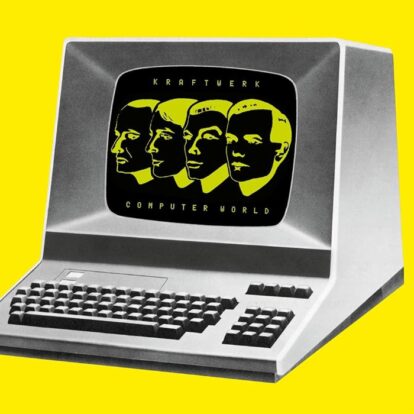
01 Kraftwerk – Computer World (1981)
Enthralled and inspired by the science fiction that was permeating our television sets and cinemas in the late 70s and early 80s, we loved pressing down little keys on fashionable gadgets. In the classroom, pocket calculators were commonplace, and digital watches were becoming increasingly gimmicky. Handheld electronic games were all the rage, while video consoles and home computers were becoming increasingly affordable. A technological future was fast unfolding before our eyes, and Kraftwerk were tapping into the zeitgeist.
Emblematic of their visionary artistry, eighth album Computer World found Düsseldorf’s finest beaming themselves into the future, providing a prescient glimpse into a new technological epoch, in which they chillingly envisioned the societal implications of a high-tech infrastructure. The single Computer Love notably pre-empted the 21st century phenomenon of dating sites, while the title track touched on Orwellian themes of mass surveillance.
“Society was being computerised, a lot of people didn’t notice at that time but we did, “Ralf Hütter told Uncut magazine. “Computers were being used by states, the KGB, Interpol, Deutsche Bank.”
Hugely influential, this was Kraftwerk at their artistic and commercial peak – though the fast-evolving technology that the erudite quartet so sagely warned us about would ultimately derail their career.
For more on Kraftwerk click here
Read More: The story of Kraftwerk
Classic Pop may earn commission from the links on this page, but we only feature products we think you will enjoy.


